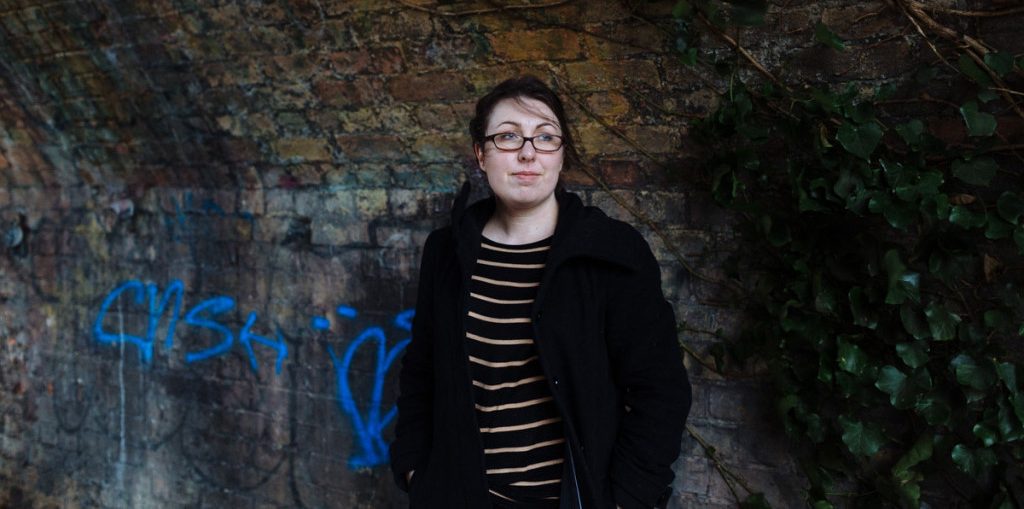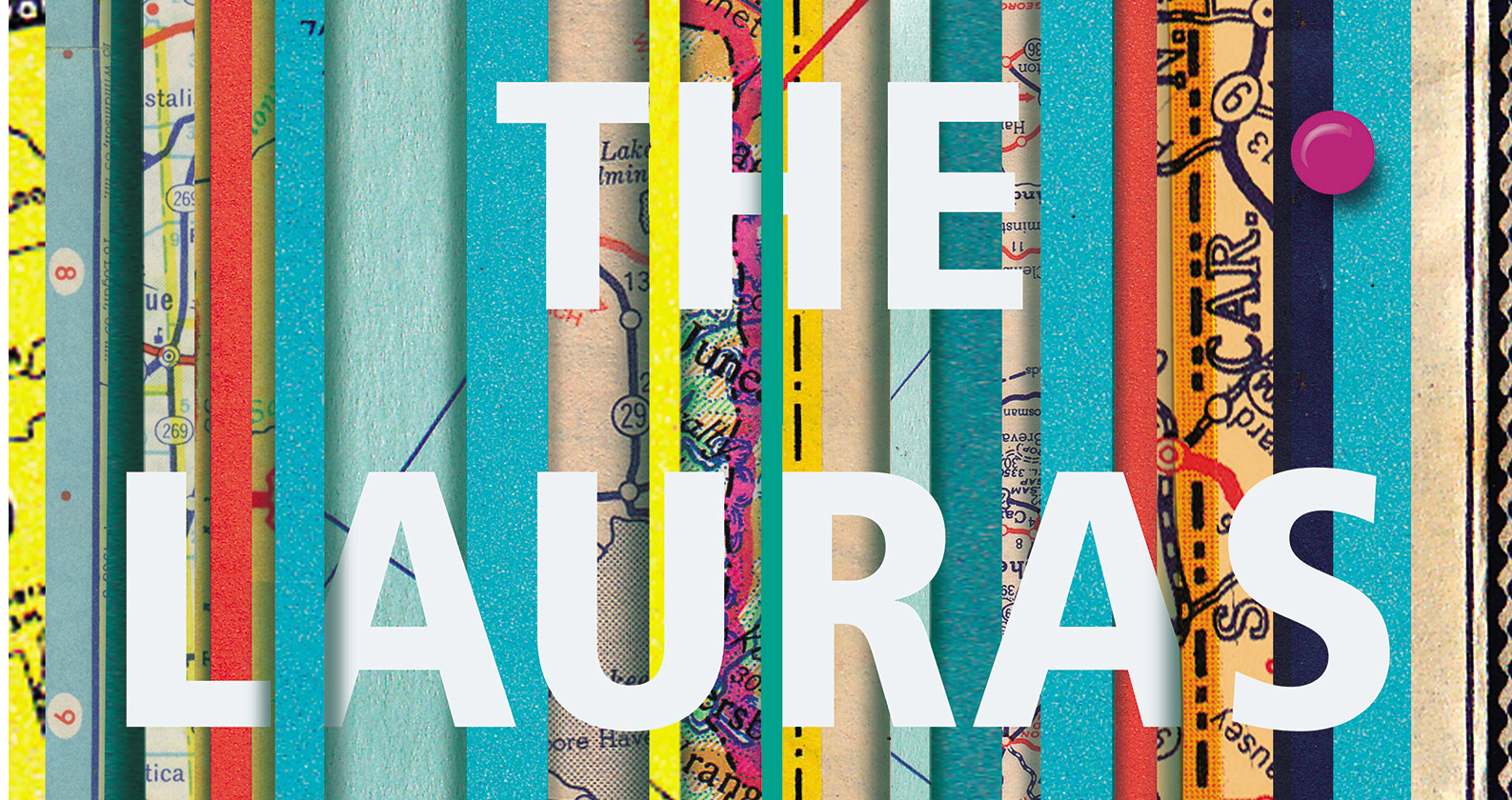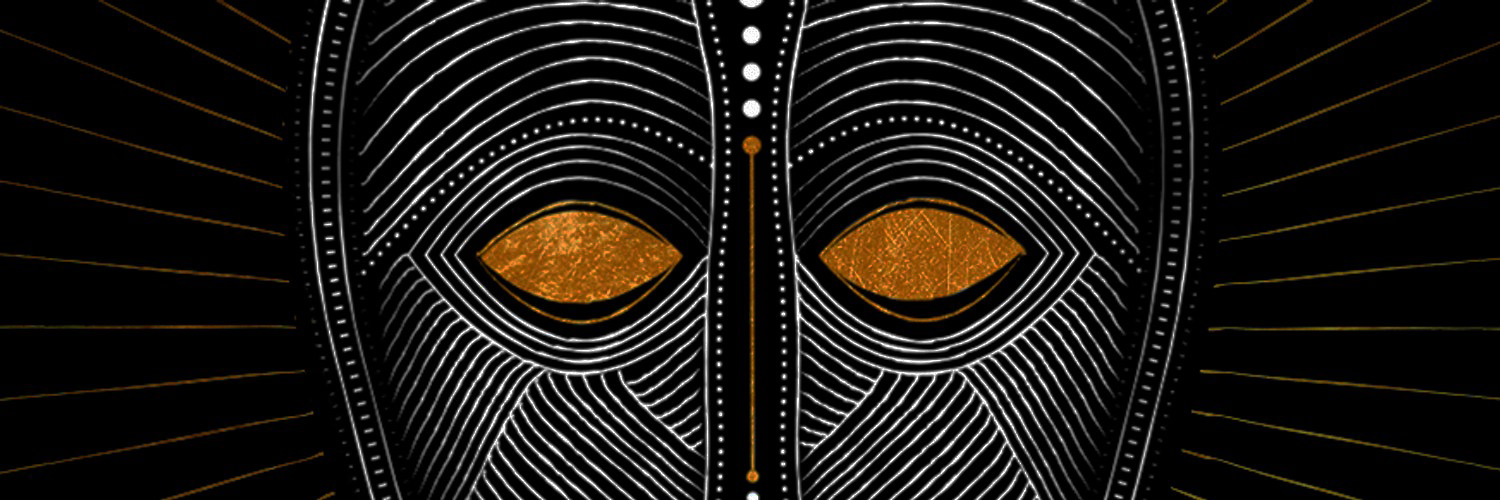Interview With Ruth Ware: Author Of The Woman In Cabin 10

Ruth Ware’s debut novel, In a Dark, Dark Wood, garnered critical acclaim and won a RT Reviewer’s Choice Award in 2015. Her debut thriller and the anticipated follow-up, The Woman in Cabin 10, were both Sunday Times top ten bestsellers in the UK, and New York Times bestsellers in the US. Following the success of her latest book, we chatted to the crime-thriller writer about the premise of Cabin 10, whether we can expect a sequel and more.
Q: The Woman in Cabin 10 recently debuted at No. 4 on the NY Times bestseller list while your last book retains its No.8 position on the charts. How does it feel?
Amazing – and quite surreal! I still haven’t quite got used to the idea that I am an official New York Times Bestselling Author. Every time I see it on a jacket or blurb, I assume they must be talking about someone else, and do a little jump when I remember it’s me.
Q: Setting a crime story on a luxury cruise is quite an ingenious mystery-thriller trope. Did you set out to write a locked-room mystery with the ship being a prerequisite, or did your plotline evolve into one?
The initial seed for the book was the scene where Lo wakes in the night and hears a splash, and runs to the balcony. So I knew right from the beginning that it was going to be set on a boat. I think it was partly because so many people compared my first thriller, In a Dark, Dark Wood, to Christie, I was thinking about her plots and she excels at that stifled luxury feeling, she evokes it so well in Murder on the Orient Express, Death on the Nile, and And then there were None. So that was probably in the back of my mind when I was brainstorming. The locked room element came afterwards – as a consequence of the ship being a closed environment.
Q: Without giving much away, the open-ended conclusion of the book leaves room for a sequel. Any plans on writing a follow up?
No. I’m writing another book at the moment but it’s another standalone. I can’t see myself continuing Lo’s story…although you never know! I just really like open endings. I feel it’s the writer’s duty to tie up most loose ends of the mystery, but life itself rarely comes to an entirely neat conclusion, so my books always seem to have some element of uncertainty on the final page.
Q: What initially drew you to writing mystery thrillers?
Well, In a Dark, Dark Wood came about because a friend said she had never read a thriller set on a hen weekend, and I knew immediately that I wanted to write that book. So in that sense, I didn’t sit down and decide to write it – the thriller idea came to me, and I just ran with it. But they are immensely satisfying to write. I love the combination of head and heart – the emotional rollercoaster of the storyline, combined with the cerebral game the writer is playing with the reader, trying to wrong-foot them. Q: Classic detective fiction or psychological thrillers? Which would you prefer and why?
Q: Classic detective fiction or psychological thrillers? Which would you prefer and why?
I’m not sure I can choose! I love both, and read both, and although my top ten “desert island” list of books changes every day, it would undoubtedly include examples of both. But the good thing is as a writer, you can have your cake and eat it – you don’t have to choose. I’d say my books fuse elements of both.
Q: What constitutes a perfect crime novel for you? Who do you consider as your favourite writers of crime fiction?
Hmm…it’s really hard to define the perfect novel because I think one of the things that is most pleasurable about reading is stumbling across the book you didn’t expect and weren’t looking for. Like, who knew they were looking for a book about a fussy Belgian ex-policeman until Poirot came along? I do love a good twist – even when you see it coming, it’s still satisfying. Gone Girl and We Were Liars are both great examples of that. And I love books about tangled emotional histories and the weight of the past. I think Erin Kelly does that really well, so does Donna Tartt.
Q: Do you feel that crime novels are relegated to genre fiction and not given the recognition they deserve in the literary world?
Yes, and no, I guess. Yes, it’s a shame that we’re still boxing books off into special sections of the library and reviewing them under genre fiction round ups, rather than simply appraising them on quality. But on the other hand, out of all so-called “genre fiction”, I think crime fiction has the easiest ride in that respect. There’s a crime novel on the Booker Longlist this year, which is encouraging. It shows that judges are interested in finding good books, whatever section of the bookshop they’re in.
Q: What can you tell us about your next venture?
Not a lot, I’m afraid! I’m writing it now, and I am a bit superstitious about talking about books in progress. I will say this – it’s not a locked room mystery, this time…


